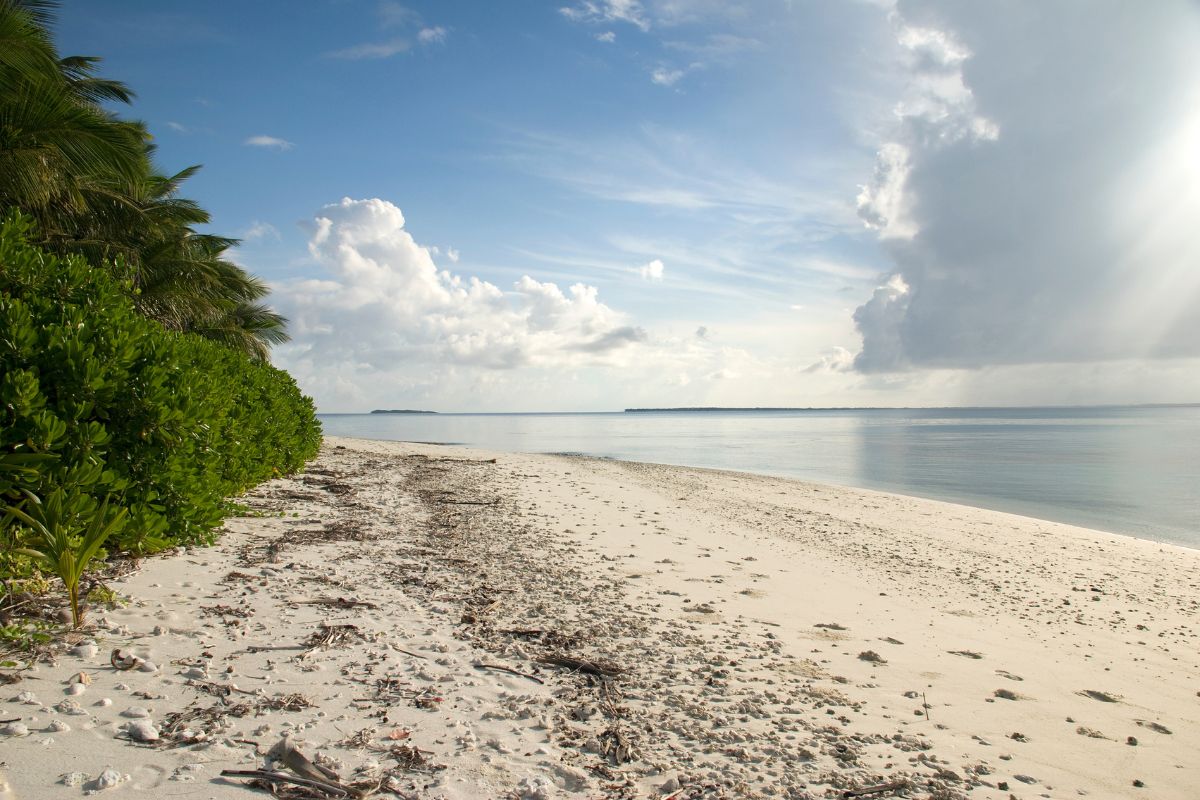The United Kingdom has agreed to return the Chagos Islands to Mauritius, marking the end of its last African colony. However, this seemingly triumphant moment has left many Chagossians, the islands’ original inhabitants, feeling excluded and disappointed. The complex history and geopolitical interests surrounding the archipelago have resulted in a solution that fails to address the core concerns of the displaced islanders.
A History Of Displacement
The Chagos Islands, located in the Indian Ocean, have a troubled past. Between 1965 and 1973, the archipelago’s entire population was forcibly removed by the British government. This displacement made way for a U.S. military base on Diego Garcia, the largest island, which violated international laws. It also left the Chagossians scattered across Mauritius, Seychelles, and the U.K., often facing discrimination and extreme poverty in their new homes.
The recent agreement between the U.K. and Mauritius has been hailed as a “seminal moment” by both governments. It represents a significant step towards decolonization and adherence to international law. The African Union has welcomed the decision, describing it as a “major victory for the cause of decolonization, international law, and Mauritian self-determination.”
However, the deal comes with a crucial caveat that has left many Chagossians feeling betrayed. The agreement allows the U.S. military base on Diego Garcia to remain under joint UK-US control for the next 99 years. This condition effectively keeps the island, home to most displaced Chagossians, off-limits for another century.
Chagossian Voices Remain Unheard And Overlooked
Jean-François Nellan, a UK-based advocacy group Chagossian Voices member, expressed the community’s frustration: “We feel sorry, upset, and angry. They’ve made a deal on the back of the Chagossians, just as they did in the past,” he told inews.” The exclusion of Chagossians from the negotiation process has left them feeling voiceless in decisions about their ancestral homeland.”
Frankie Bontemps, a second-generation Chagossian living in the U.K., shared his mother’s unfulfilled dream of returning to Diego Garcia with Euronews. He lamented that many of her generation passed away without ever seeing their homeland again. While resolving diplomatic tensions between the U.K. and Mauritius, the new agreement does little to address these deep-seated emotional wounds.
Human rights organizations have criticized the agreement, particularly the extended lease of Diego Garcia. Mausi Segun, executive director of Human Rights Watch’s Africa Division, described the 99-year lease as “unconscionable.” Segun emphasized the cultural and emotional significance of Diego Garcia to the Chagossian community, stating to Euronews, “It is the one place where most of the Chagossians who are still alive today were brought up, that’s where their ancestors, their deceased parents, relatives, are buried.”





